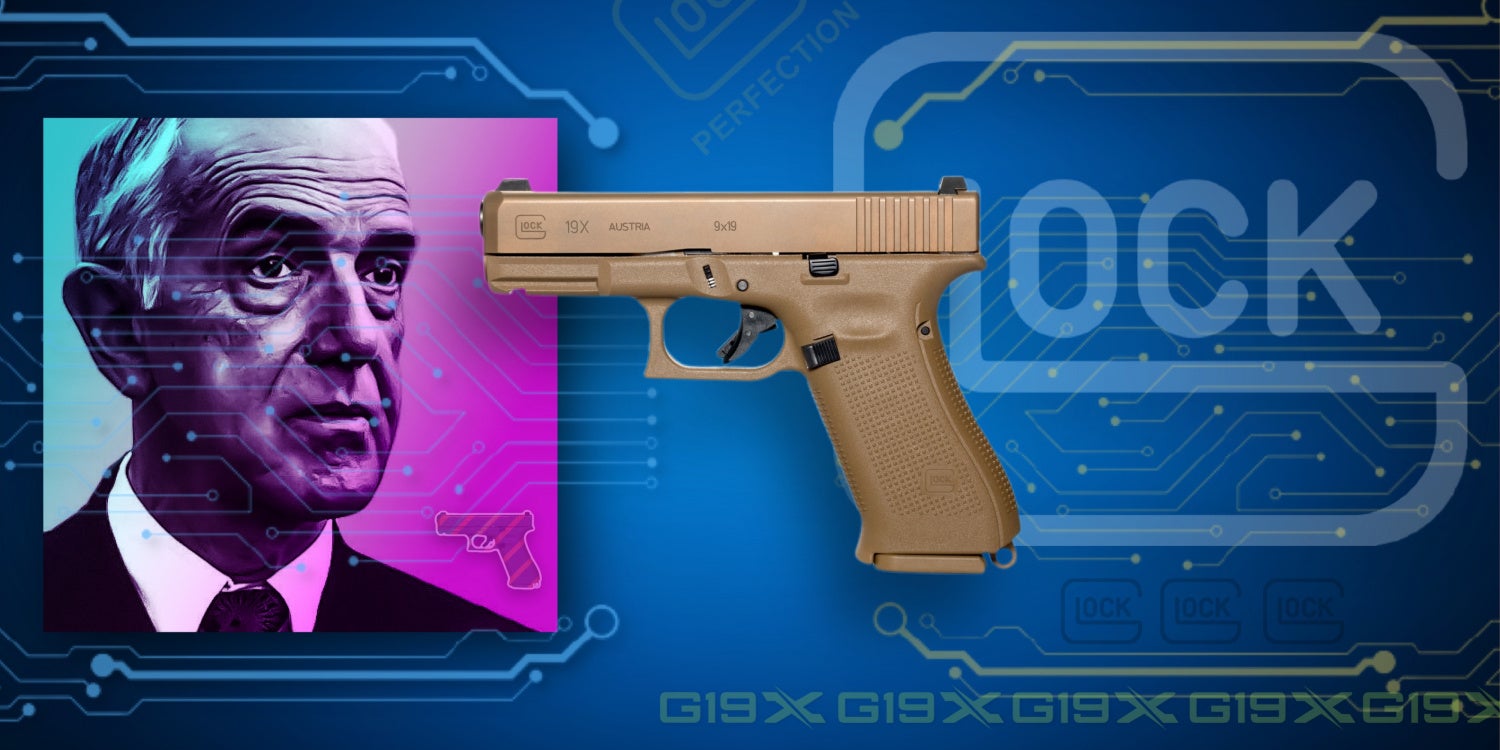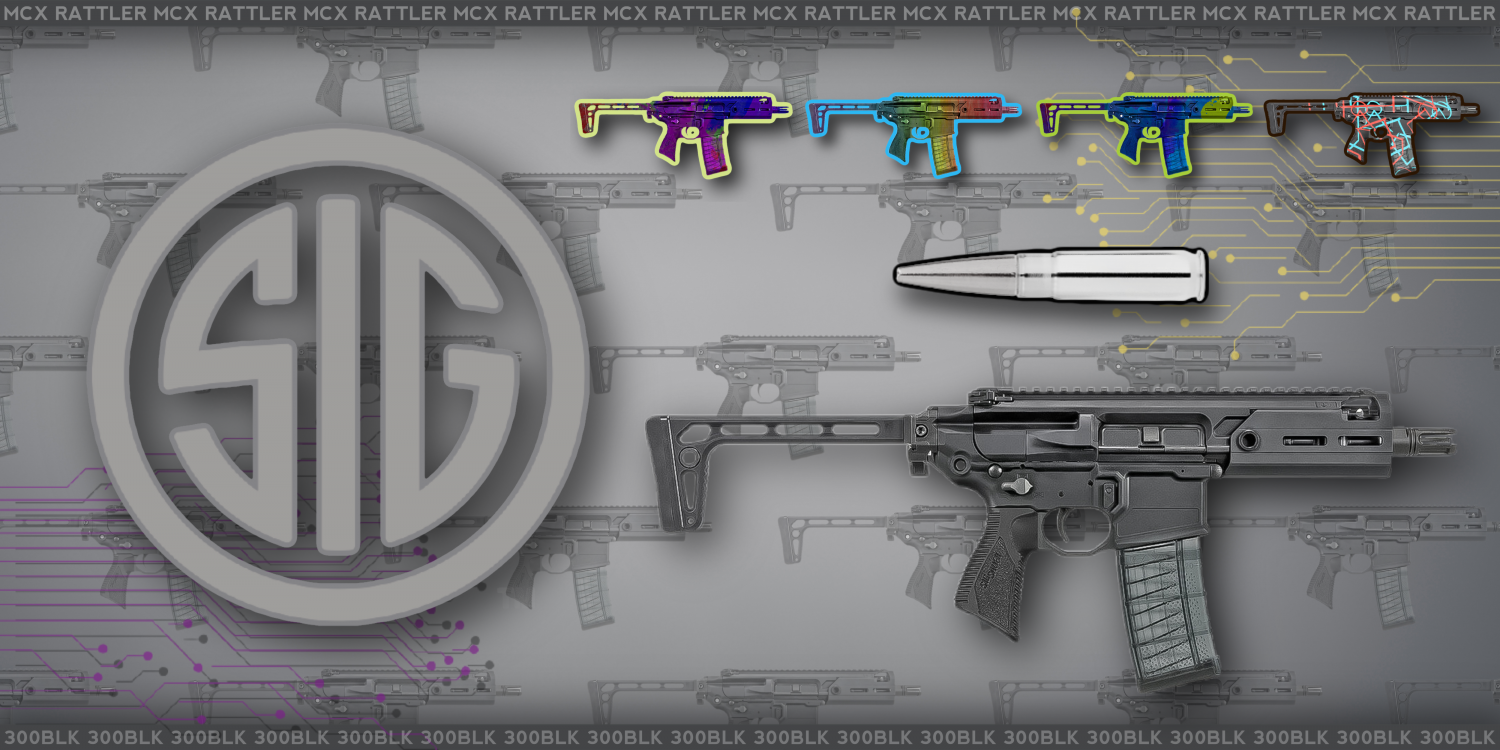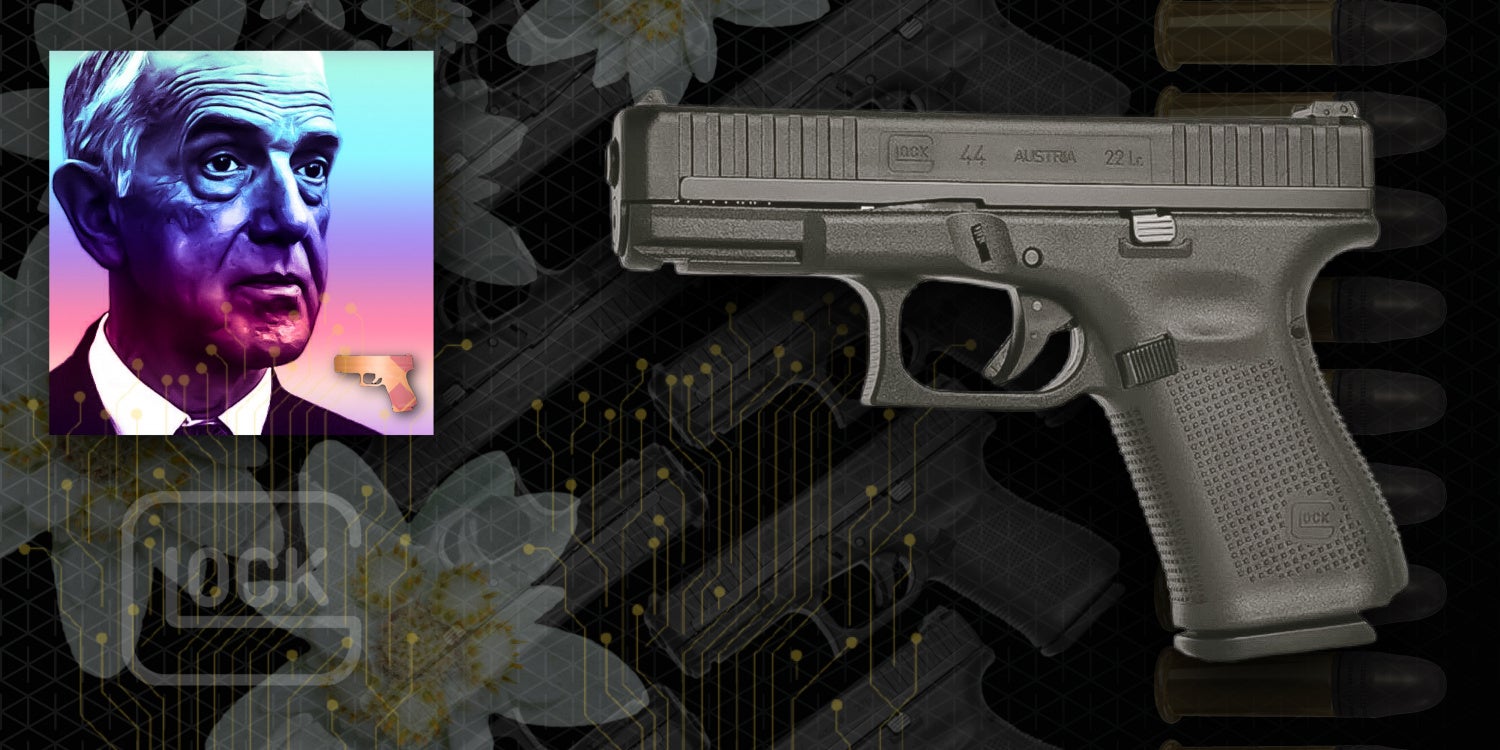In the late 1990’s and early 2000’s, the United States and the rest of the world shifted from a market of in-person retail sales to one dominated by online shopping. Rather than hopping in the car, driving to the mall, and hoping the store will have the exact item you want at a reasonable price – all done during business hours – shoppers transitioned to buying almost everything from a computer or mobile device. At any time and from anywhere. The firearms industry followed suit; websites started selling guns, parts and related gear to customers who would use a local gun shop as the legal point of transfer for regulated items. Now, whether you know it or not, we are in the middle of another paradigm shift in the financial world – cryptocurrency and decentralized finance is headed straight for all of us like it’s 1999. And the firearms industry should be an early adopter of crypto.
Note: I’m not a crypto expert and this is about as basic of an overview as you can get. I am also not a financial advisor, and I’m definitely not yours. Consult an expert before investing in anything.
Resources To Learn More:
- Bitcoin – Bitcoin.org
- Ethereum – Ethereum.org
- Monero – GetMonero.org
- Non Fungible Tokens (NFTs) – Forbes.com
- How To Buy Bitcoin – Coinbase.com
- Blockchain Explained – Investopedia.com
- U.S. Based Crypto Exchange – Coinbase.com
Crypto @ TFB:
Crypto Guns: The Case For Blockchains In The Firearms Industry

Crypto GLOCK G19X – Non Fungible Token (NFT) – Ethereum
Before we start our beginner’s lesson on digital currency, do me a favor. Unless you have bought, sold, mined, or traded cryptocurrency (crypto for short) in the past, clear away all of your preconceived notions. It is not dark web money. It is not anonymous. And it certainly isn’t just for nerds anymore.
What Is Cryptocurrency?
Crypto is part of a decentralized finance system (defi for short), allowing the flow of wealth and assets around the world, without the need for banks and fiat (government-backed securities like the U.S. Dollar). For example, think about the steps it takes to send money to a friend in Germany – after you figure out the fiat conversion rate, you have to use a bank (where you have an account) and initiate a bank to bank transfer. The bank can decide to process your transfer, or it can decide that the transfer is suspicious or too large and report it to the government for further investigation. Transferring crypto to your German friend can be done in less than a minute and crosses borders easily without involving either government.
Starting to see how the firearms industry could benefit from a crypto financial system? Hang on, we still have some basic knowledge to get through before we can talk guns.
Like everything in life, using crypto is not free. Proof of Work (POW) networks, like the Bitcoin blockchain, require the use of “miners” to verify transactions as being legitimate. These miners use computer processing power to solve complex mathematical equations and come up with a consensus with other miners and are paid in crypto for their efforts.
In a move to be less resource intensive, Proof of Stake (POS) systems offer an alternative to a POW consensus by allowing users to contribute, or stake, their crypto to the network in an for a chance to process the latest transactions and be rewarded with crypto. Ethereum 2 and Cardano are two cryptocurrencies that use the POS concept.
The backbone of both of these networks are blockchains, databases of all the transactions that have received a consensus by the miners or stakers. These transactions are organized in blocks and all the blocks are linked together like a chain. The majority of the blockchains are open to viewing by anyone, allowing for the review of past transactions from one wallet to another wallet. Wallets are just an identifier for an individual “account” where cryptocurrencies are stored.
All Bitcoin Is Crypto, But Not All Crypto Is Bitcoin

SIG Sauer MCX Virtus Art – Non Fungible Token (NFT) – Ethereum
Bitcoin, the original cryptocurrency, is one specific coin in what is now a crowded playing field of thousands of other coins referred to as alternative coins or “alt coins”. Each coin has, or should have, an intended purpose that gives it utility. Bitcoin, for example, has a finite supply of coins that can ever be “minted” – 21 million. It is often compared to gold as a vehicle for storing wealth since there is a fixed supply and it is traded on online exchanges at agreed upon prices. Think about why gold can command high fiat prices – it’s difficult to mine and there is a finite supply on earth. Same as Bitcoin.
But, just as we don’t use gold to buy our groceries, there are other types of cryptocurrencies that are better suited for everyday transactions. Alt coins have different overall supply levels stretching from a few hundred thousand to an infinite number of coins that can be minted over the years. Some of these coins focus on reduced transfer fees between wallets, some coins are “stable” and mirror the prices of fiat money, others offer utility in their blockchains like smart contracts, royalties and unique property like artwork and collectibles. And a few others focus on privacy, shielding transactions on the blockchain so that they can’t easily be attributed to a specific wallet.
Great, But How Does All Of This Crypto Talk Help The Firearms Industry?
Let’s think about how we currently buy guns.
1) Cash, about as close to financial freedom as you can get. You can walk in to a local gun store, lay out your fiat money, and buy the gun of your dreams. Of course, that means you are doing business in person and carrying around hundreds if not thousands of dollars in paper money before you make your purchase. Unless you keep a bank vault stocked at home, you will also have to visit a bank to withdraw your money. Buying a machine gun? That $10,000+ cash withdrawal will get extra scrutiny by the government.
2) Debit cards and checks protect you from lost or stolen money – your bank actually protects you from stolen funds if you notify them within the required reporting period. But these financial instruments require you to basically ask permission to utilize their transaction systems. For example, in some states where marijuana is legal, some banks will not issue point of sale terminals to dispensaries or allow customers to use their debt cards to buy weed. An outside company gets to decide what you can and can’t buy with your money.
3) Credit cards, much like debit cards, require the use of a centralized, closed source system that you are given permission to use. On top of that, you are asking permission to use a floating line of credit to buy merchandise. We have seen credit card processing companies restrict gun sales in the past.
All of these scenarios involve the consumer. But let’s not forget the dealers, distributors, and manufacturers who rely on the banking system to conduct business. Banks and credit card companies have threatened to end business relationships with gun companies recently based on political and social pressures. If you can’t send or receive payments, you can’t pay your employees, buy raw materials, or sell your merchandise, you’re done. And all these decisions can happen without government intervention – “we believe your business is dangerous, so we will not allow you to use our payment processing system.”
Enter crypto. Rather than having to use one of the payment systems above, you can agree to transfer cryptocurrency either online or in person, much like a credit card transaction. After agreeing on a price of the item, the dealer provides you with a wallet address to transfer crypto from your wallet. By either copying the wallet address or scanning a barcode, the crypto is transferred from your wallet to the dealer’s and is confirmed by consensus on the network. In a few minutes the crypto is available in the dealer’s wallet. No banks, no credit card processors, no centralized system. Of course, unless you are paid in crypto, you will need an exchange to use fiat money to buy crypto. But the link to government backed securities ends there.
The Future

Crypto GLOCK G44 – Non Fungible Token (NFT) – Ethereum
The cryptocurrency and defi systems aren’t perfect and there are some huge challenges to overcome. For one, crypto is seen as property by the IRS so using it for a purchase could mean a capital gain or loss for your taxes. Stablecoins may be able to address some tax issues. In addition, since anyone can see the blockchain transactions, that means the amount of crypto sent from one wallet to another is an open book. Buying a Knight’s Armament SR-25? That crypto transfer is viewable on the blockchain. Some coins, like Monero, are focused on privacy and conceal transactions. And there’s a technological and psychological barrier for some people and companies to holding hundreds of thousands or millions of dollars in a digital wallet on your phone or on a thumb drive.
Bottom line – cryptocurrencies and decentralized finance are fighting an against-the-odds battle which they all may lose. It threatens the way governments hold and transfer wealth and governments do not like to be threatened.
But, in my opinion, the crypto experiment it is worth the effort. The firearms industry should be looking at either using an already established coin or designing its own privacy focused cryptocurrency that will operate alongside of our banking system. Gun owners should be experimenting with purchasing and transferring cryptocurrency and familiarizing themselves with the terminologies used by crypto adopters.
I plan to use crypto in the gun industry by creating a wallet for crypto donations for series like Silencer Saturday and then reward donors with custom Non Fungible Token (NFT) artwork that can be collected, sold or traded. Maybe I can convince some manufacturers to create collectible NFTs that be issued with new guns or gear
Cryptocurrency and decentralized finance is a return to strengthening individual liberties, a concept that gun owners around the world should embrace.
 Your Privacy Choices
Your Privacy Choices
